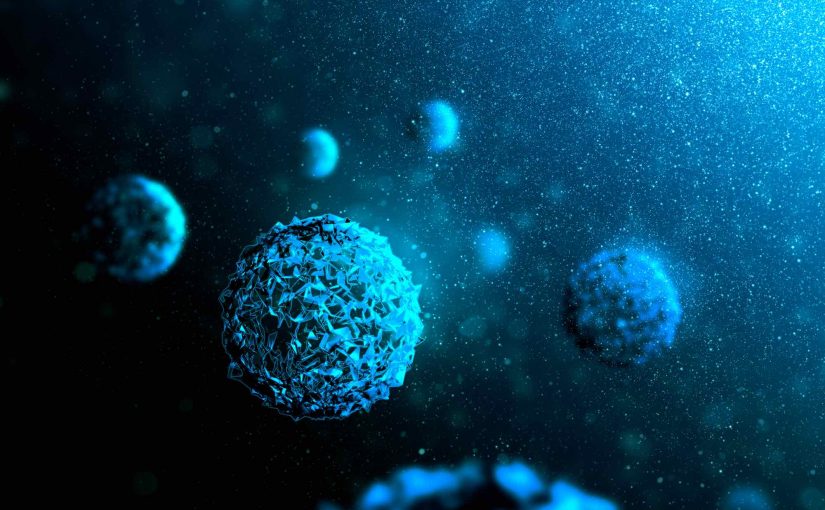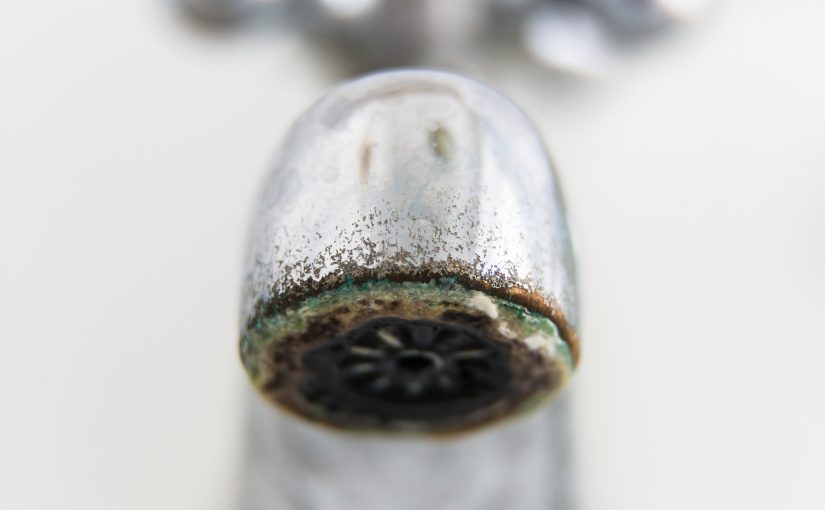We’ve been covering the many harmful contaminants that can exist in Hong Kong tap water, but we also want to share some of the beneficial minerals that can exist in our public drinking water.
From a Drinking Water Quality report by the Hong Kong Water Services Department dated October 2017 – September 2017, it is reported that the following beneficial minerals are found in our tap water: Calcium, Magnesium, Chloride, Iron, and Manganese.
How Minerals in Water Help Our Body
These are all helpful minerals to our body if consumed in the right amounts. Although they can also be found in foods, consuming them through water help to balance out our body’s needs for these minerals.
- Calcium – beneficial for bone health, may also help prevent cancer
- Magnesium – for heart health, digestion, relieves tension in muscles and nerves
- Chloride – helps with body’s nutrient absorption and maintains blood pressure
- Iron – increases hemoglobin production (for healthy blood) , improves brain functions, can cure chronic diseases
- Manganese – for healthy bones, prevents osteoperosis, fights diabetes, contributes to lung & repiratory health
How to keep these minerals in your water
Distillation and reverse osmosis filtration processes deplete beneficial minerals from water and can also make the water acidic. Moreover, these filtration methods produce a lot of water waste.
Some bottled waters found in stores do add minerals back into their distilled water, however, drinking bottled water is hugely damaging to our environment as it leaves behind a trail of plastic waste.
However, our WaterChef carbon block filtration systems allow beneficial minerals to remain in your drinking water while simultaneously removing harmful contaminants like chlorine, chloramines, lead, pesticides, herbicide, cysts, petroleum byproducts and more.
To find out more about our water filters, browse our shop.
—
Sources:
http://www.scmp.com/lifestyle/health/article/1250684/tap-water-may-be-better-bottled-variety


